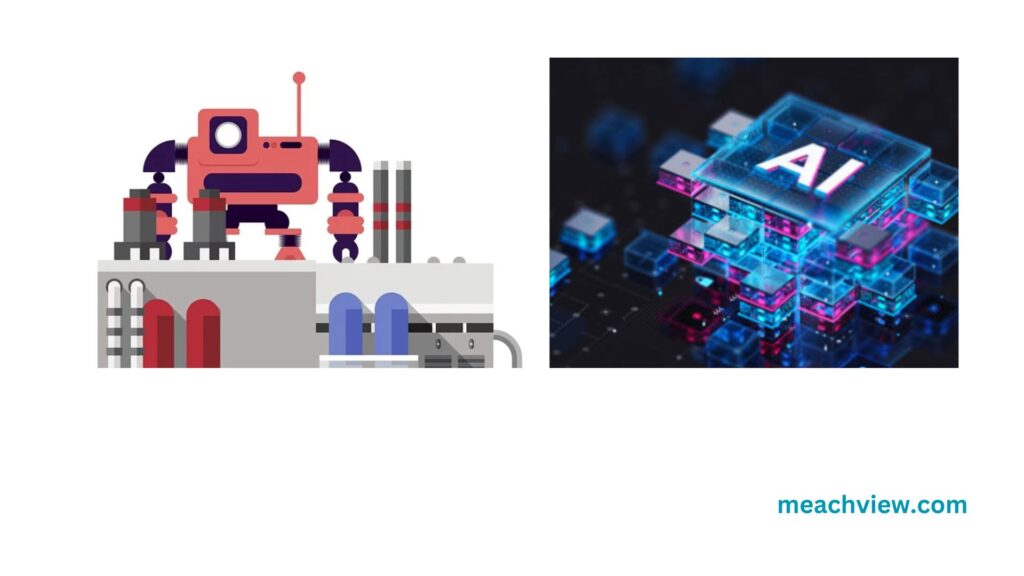The Future of Manufacturing: Industry 4.0 and Smart Factories
In recent years, the manufacturing industry has undergone a transformative shift towards automation, connectivity, and data-driven processes, commonly referred to as Industry 4.0. This revolution is reshaping how factories operate, leading to the emergence of smart factories that are more efficient, agile, and responsive to market demands. Let’s delve into the key concepts driving the future of manufacturing.
Understanding Industry 4.0
Industry 4.0 represents the integration of digital technologies into the manufacturing sector, leveraging advancements such as the Internet of Things (IoT), artificial intelligence (AI), robotics, cloud computing, and big data analytics. These technologies work synergistically to create interconnected systems where machines, products, and humans communicate and collaborate seamlessly.

Technologies Driving Industry 4.0
Internet of Things (IoT): IoT devices embedded in machinery and products collect real-time data, enabling predictive maintenance, optimized production schedules, and enhanced quality control.
Artificial Intelligence (AI) and Machine Learning: AI algorithms analyze vast amounts of data to optimize processes, predict maintenance needs, and improve decision-making across the manufacturing chain.
Robotics and Automation: Advanced robotics automate repetitive tasks, increase production speed, improve precision, and enhance worker safety by handling hazardous operations.
Cloud Computing: Cloud-based platforms facilitate data storage, accessibility, and collaboration, allowing manufacturers to centralize operations, share information globally, and deploy scalable solutions.
Big Data Analytics: Analyzing big data generated by IoT devices and production processes provides valuable insights for process optimization, cost reduction, and identifying new business opportunities.
Benefits of Industry 4.0 for Manufacturing
1. Increased Efficiency: Smart factories streamline operations, reduce downtime, and optimize resource utilization, leading to higher productivity and lower production costs.
2. Flexibility and Customization: Agile manufacturing processes enable quick reconfiguration for customized products, meeting diverse customer demands and reducing time-to-market.
3. Quality Improvement: Real-time monitoring and analytics improve product quality by detecting defects early, ensuring compliance with standards, and enhancing traceability throughout the supply chain.
4. Sustainability: Industry 4.0 promotes sustainable practices through energy-efficient processes, waste reduction, and environmentally friendly production methods.
5. Enhanced Safety: Automation and robotics minimize human involvement in hazardous tasks, improving workplace safety and reducing occupational risks.
Challenges and Considerations
While Industry 4.0 offers numerous advantages, its adoption presents challenges such as cybersecurity risks, workforce upskilling requirements, interoperability issues among systems, and the need for strategic planning to ensure a smooth transition.
The future of manufacturing lies in embracing Industry 4.0 principles and technologies to create smart, connected, and efficient factories. By leveraging digital innovations, manufacturers can achieve operational excellence, innovation agility, and sustainable growth in a rapidly evolving global market.